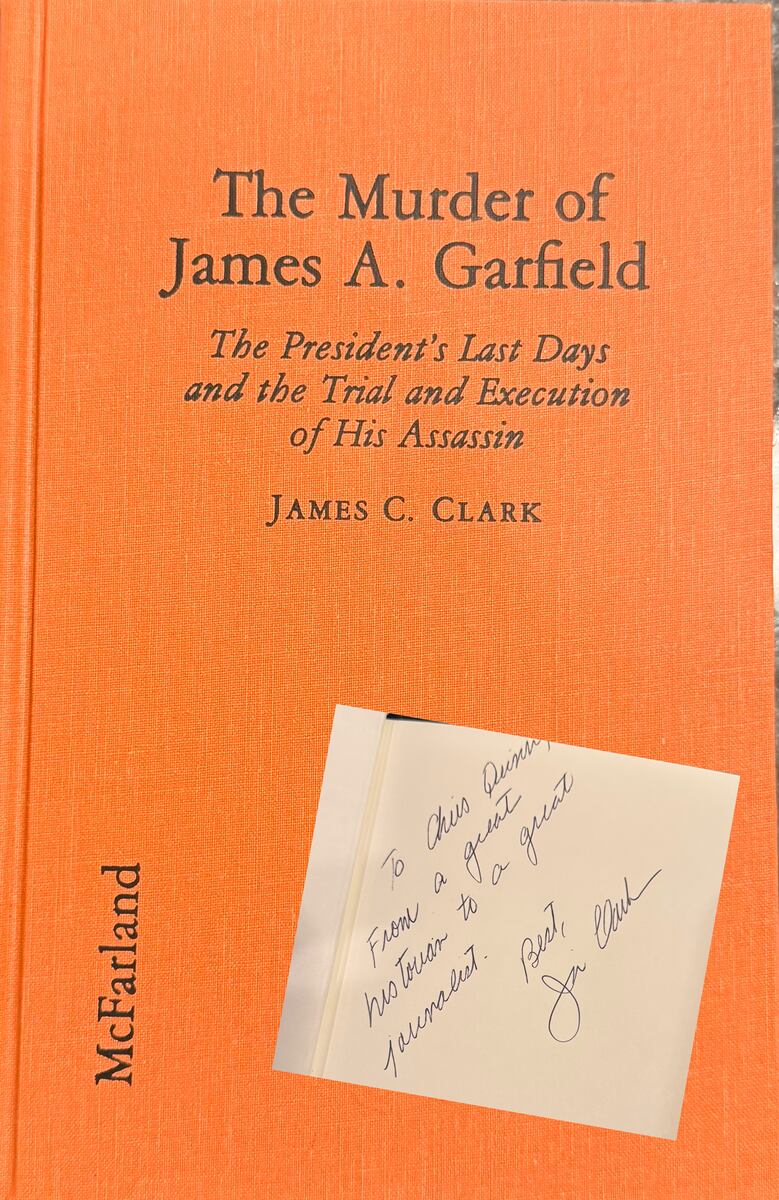
The recent passing of Jim Clark has prompted reflections on his significant impact on modern journalism, particularly for those who worked under his guidance at the Orlando Sentinel. Clark, who died last month, played a pivotal role in shaping the careers of numerous journalists, including one editor who credits him with launching a successful career in the industry.
At just 25 years old, the editor had already reported for three newspapers before sending a resume to Clark, the newspaper’s recruiter. To their surprise, Clark invited them for an interview, leading to a job offer that would change the trajectory of their career. The editor recalls the feelings of imposter syndrome while stepping into the bustling newsroom of the Orlando Sentinel, which boasted an impressive roster of talented journalists.
In the vibrant newsroom, the editor found mentorship from experienced reporters and editors, including Mark Vosburgh, who inspired a partnership that lasted over 25 years. The collaborative environment fostered growth, with seasoned colleagues offering insights that honed the editor’s skills.
A memorable aspect of Clark’s influence was his monthly poker games, which served as informal training sessions in understanding human behavior. The editor shared a story of Clark’s unique approach to poker, where he would hum “We Three Kings” when holding a strong hand, showcasing both his charm and strategic insight. This ability to read people extended beyond the poker table and into his recruitment methods.
Clark’s talent for spotting potential candidates was unmatched. He was known for his background checks but also for his instinctive understanding of what made a journalist extraordinary. Despite the challenges facing today’s newspaper industry, where many smaller papers have closed or lack the resources to nurture young talent, Clark’s legacy remains a topic of discussion.
As the landscape of journalism evolves, the editor reflects on how Clark would tackle the modern challenges of recruitment. With many journalism programs still training students for a bygone era, finding the next wave of talent remains a pressing issue.
In addition to his work in recruitment, Clark later transitioned into writing books on local history, including The Murder of James A. Garfield, published in 1993. His diverse career also included a presence on local television as a political analyst, further solidifying his impact on journalism in Florida.
The editor regrets not having more conversations with Clark about his insights into the future of journalism. As they ponder the current state of the industry, the editor remains grateful for the guidance and opportunities provided by Clark—a mentor who recognized potential and cultivated talent in a way that continues to resonate today.







